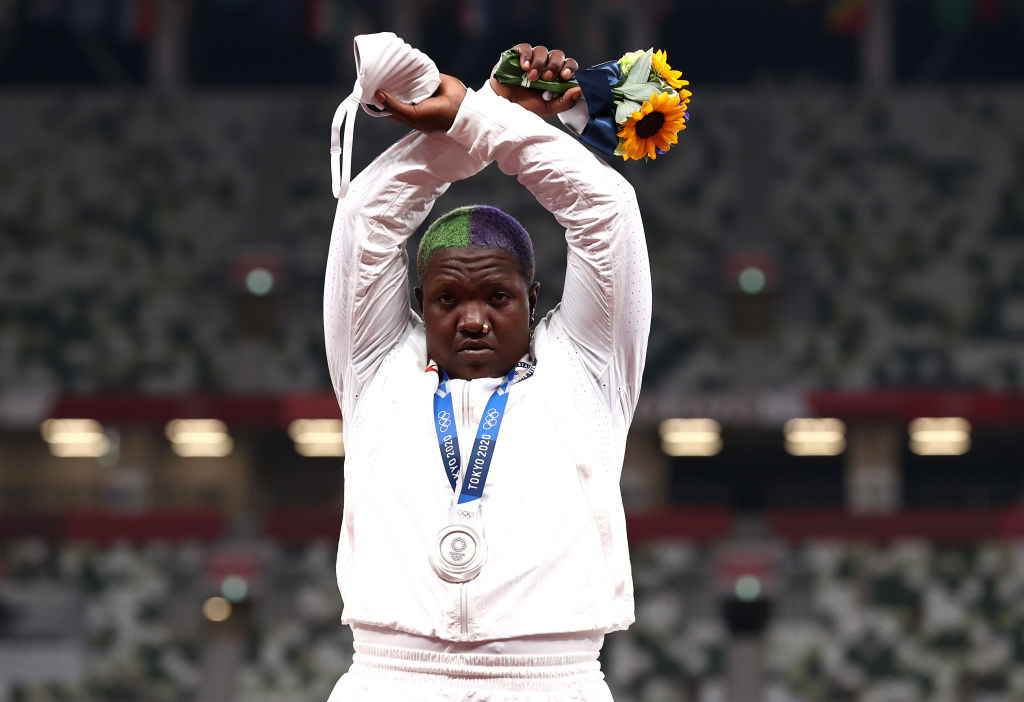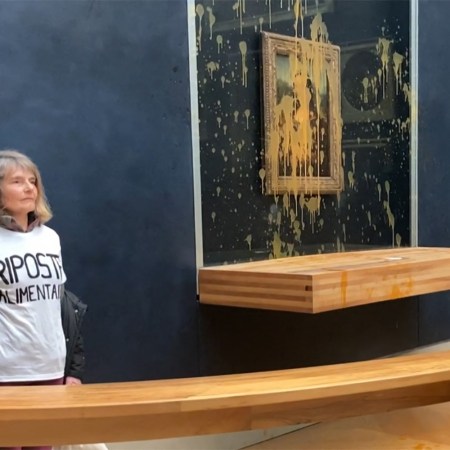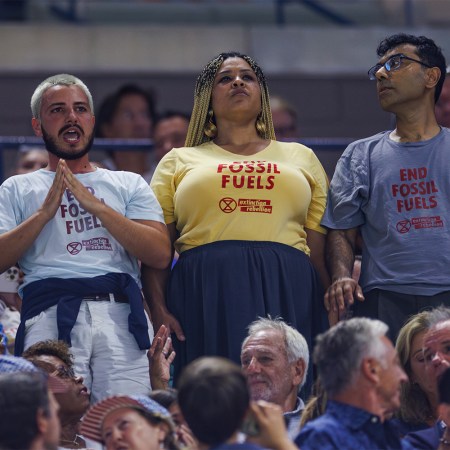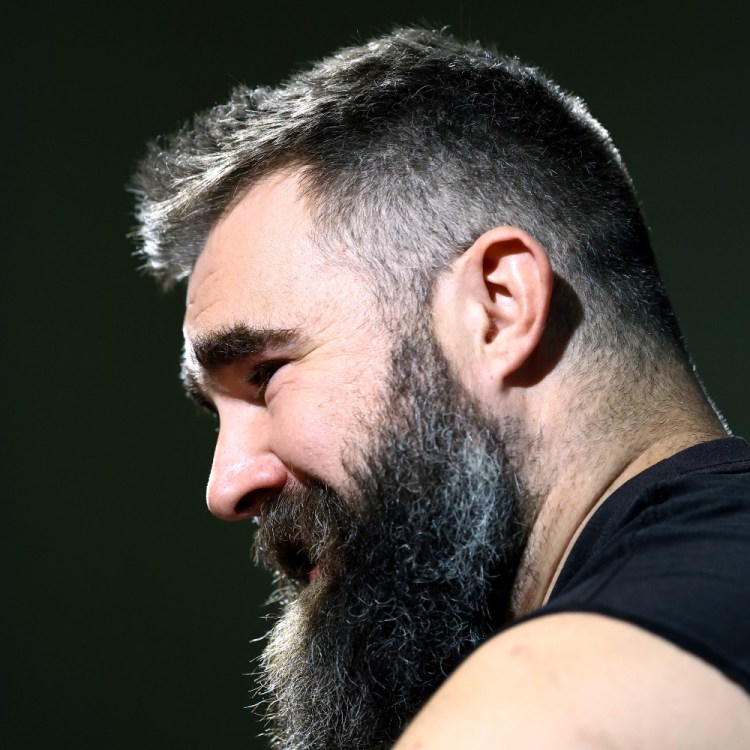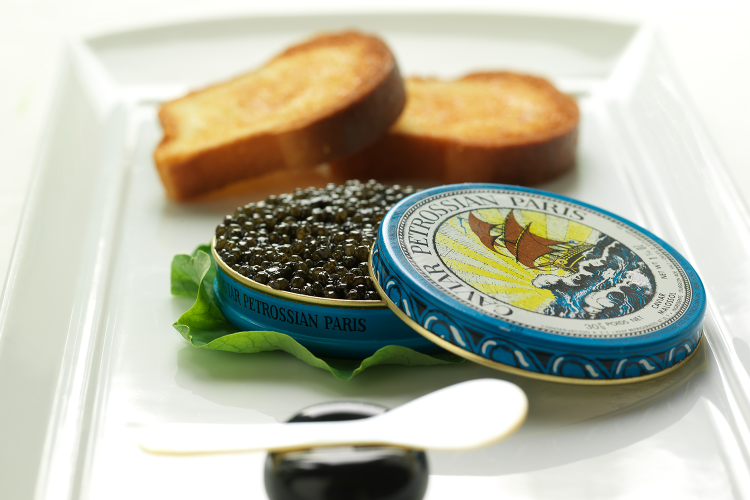As the Tokyo Olympics began, several questions lingered — including how the Summer Games might handle athletes’ taking part in political protests at some point during the event. The I.O.C.’s guidelines prohibit protests, though they’ve been relaxed somewhat for this year; many figures in the athletic community, however, feel that those reforms don’t go far enough.
The question of whether athletes might engage in political gestures during the Tokyo Olympics has now been answered in the affirmative; the question that remains is how the sport’s governing bodies will respond. American Raven Saunders, who won the silver medal in Women’s Shot Put, accepted her medal and crossed her arms in an “X” shape.
According to an article by Matthew Futterman, Talya Minsberg and David W. Chen at The New York Times, Saunders said that her gesture was “for oppressed people.”
Saunders wasn’t the only American athlete making a political statement during the current Olympics. Fencer Race Imboden accepted his bronze medal with “a circled X written on his hand,” the Times reports. And while it doesn’t involve a medal ceremony, members of the United States épée team have taken to wearing pink face masks to protest the inclusion of alternate Alen Hadzic, who has been accused of sexual misconduct.
In its article, The Times suggests that both the I.O.C. and the United States Olympic Committee have each suggested that the other would be taking point in responding to Saunders’s gesture. The U.S.O.C. allows athletes more freedom of expression, prohibiting only what the article describes as “expressing hate.” How either agency responds — or if they do at all — will be a significant test of what to expect for future gestures and protests.
Whether you’re looking to get into shape, or just get out of a funk, The Charge has got you covered. Sign up for our new wellness newsletter today.
